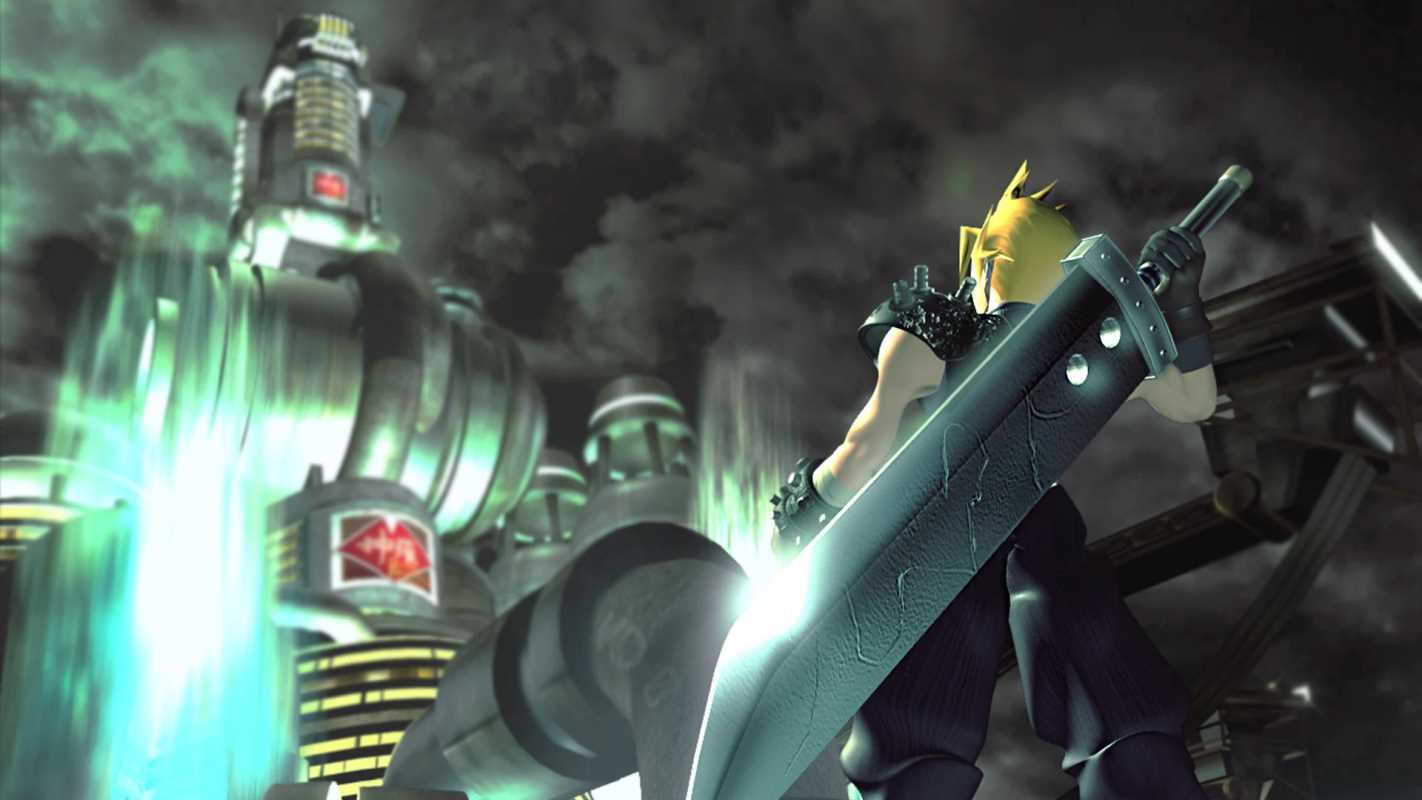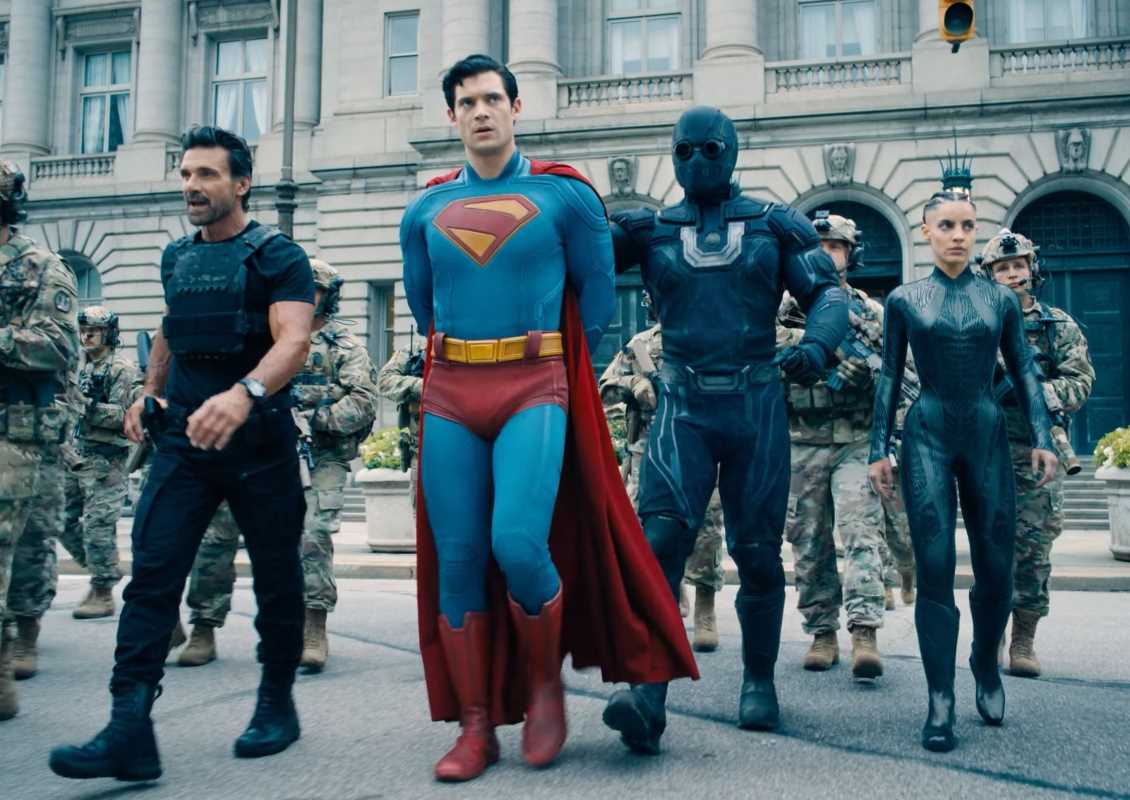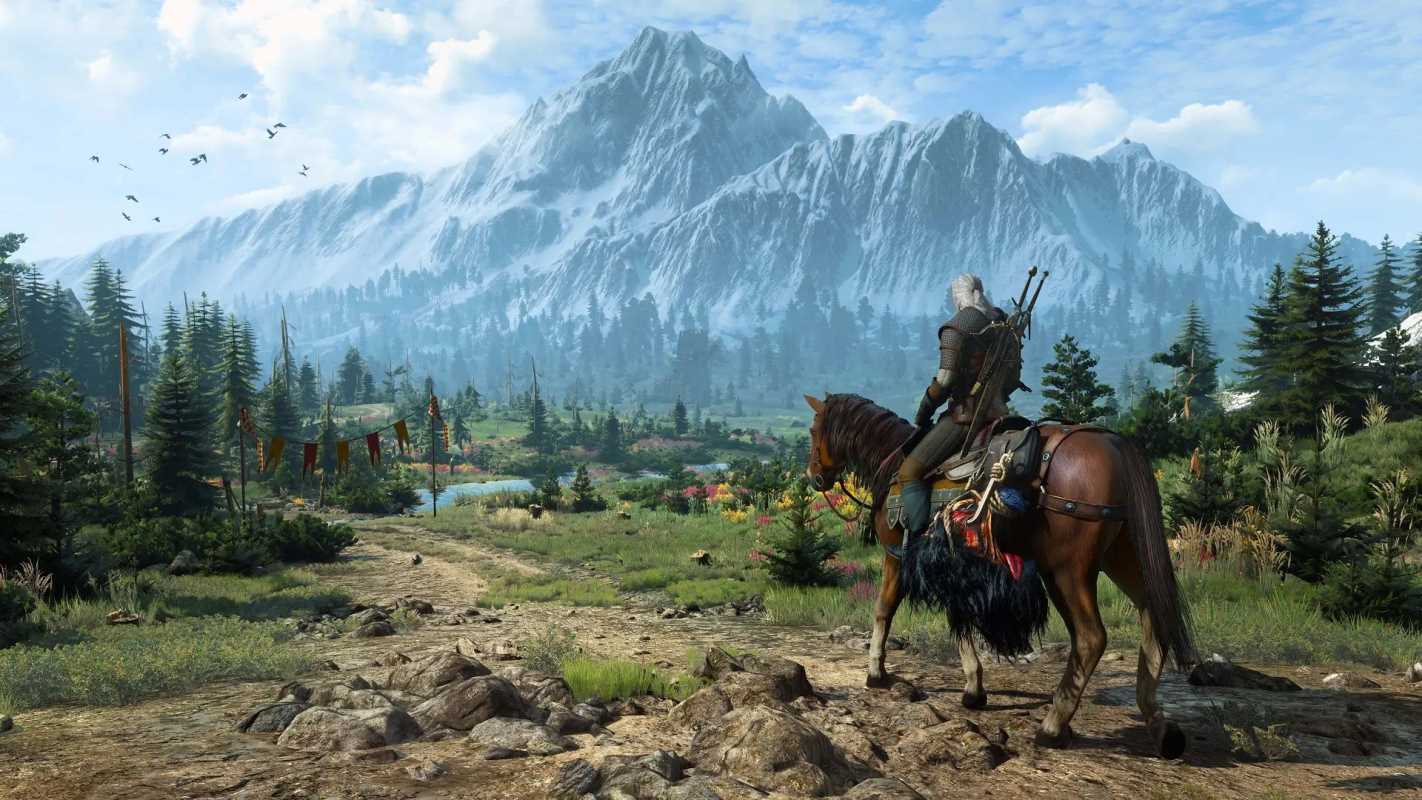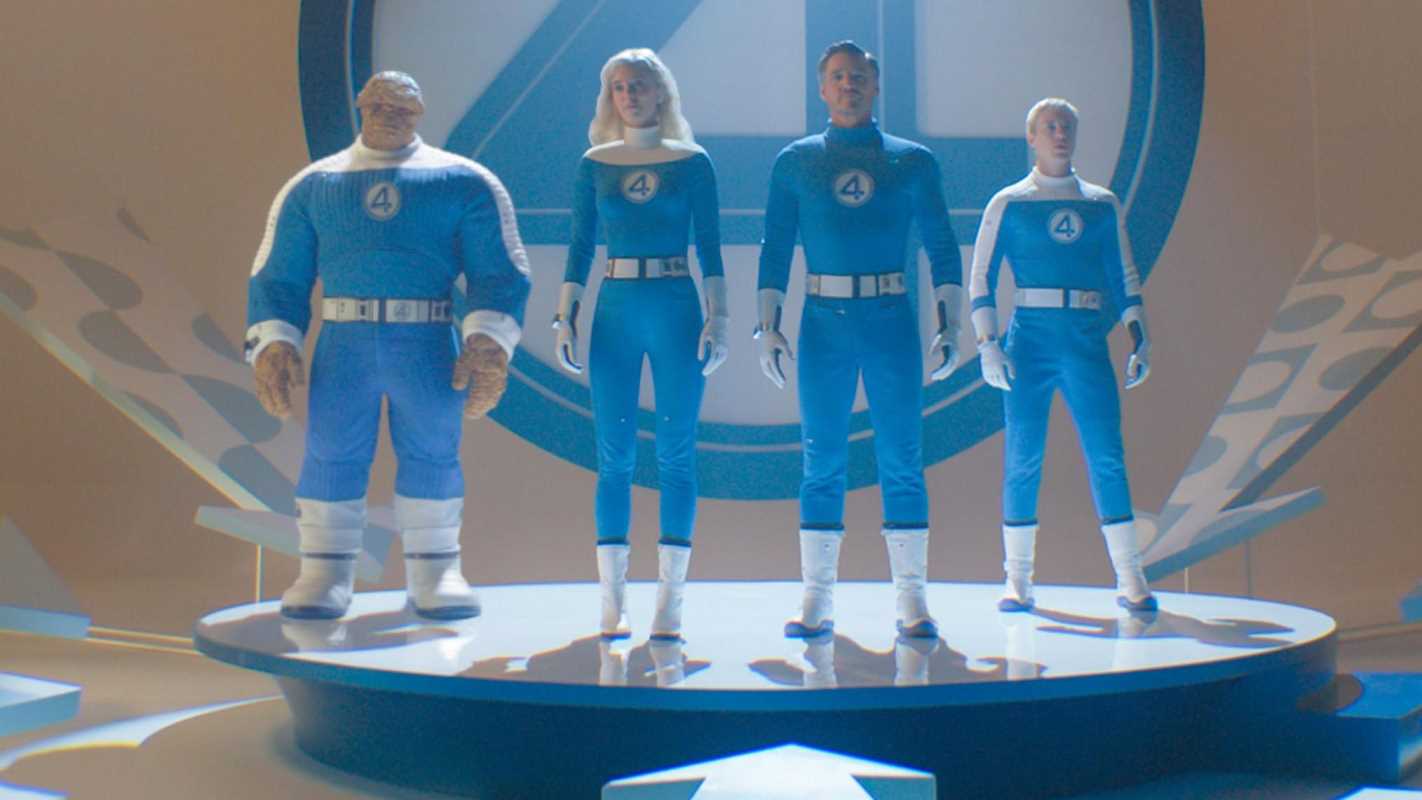Video games have been an art form where creativity, innovation, and storytelling meet technology. Over the years, certain titles have transcended boundaries to reshape the gaming landscape, leaving profound impacts on how games are designed, played, and perceived. Here’s a look at ten iconic games that didn’t just entertain but permanently altered the trajectory of the industry.
1. Pong (1972)
Imagine a screen with two paddles and a bouncing dot. Simple, right? But "Pong" was anything but simple when it launched. This arcade marvel by Atari didn’t just spark the video game craze; it defined it. By bringing competitive gameplay to arcades (and later homes), "Pong" introduced the world to interactive entertainment and showcased the immense potential of gaming as a medium. Without it, the industry’s first golden age may never have happened.
2. Super Mario Bros. (1985)
Step into the Mushroom Kingdom, and you find the perfect blueprint for platformers. "Super Mario Bros." wasn’t just a commercial success; it revitalized the industry during a time when gaming was on shaky ground. Its tight controls, vibrant level design, and contagious charm ensured that Mario wasn’t just a plumber but a global icon. And who could forget the joy of discovering warp pipes or the thrill of stomping Goombas?
Super Mario didn’t just save gaming; it redefined how we approach level design and storytelling in platformers. Every jump, block, and pixel felt intentional, creating a legacy developers still emulate today.
3. The Legend of Zelda (1986)
Before open-world exploration was a buzzword, "The Legend of Zelda" handed players a sword, dropped them into a vast world, and said, “Go explore!” With its sprawling overworld, hidden secrets, and nonlinear approach, it revolutionized adventure gaming. Players could forge their paths, tackle dungeons at their leisure, and unlock the magic of discovery.
This freedom was groundbreaking in an era dominated by linear design. "The Legend of Zelda" didn’t just give us epic quests; it taught us that games could be journeys defined by curiosity and imagination.
4. DOOM (1993)
When "DOOM" arrived, it didn’t just rip and tear through demons; it obliterated the limits of what games could technically achieve. Often hailed as the pioneer of the first-person shooter (FPS) genre, "DOOM" introduced fast-paced action, online multiplayer functionality, and even modding tools for players to create their own levels.
Its pulse-pounding gameplay and innovative use of 3D environments made it not just a game but a cultural phenomenon. Whether you were battling through Mars or linking up for LAN parties, "DOOM" proved that games could be both communal experiences and technical marvels.
5. Final Fantasy VII (1997)
"Final Fantasy VII" didn’t just raise the bar for RPGs; it redefined storytelling in gaming. Its intricate plot, unforgettable characters like Cloud and Sephiroth, and jaw-dropping (for its time) cutscenes proved that games could carry the emotional weight of a blockbuster movie. Oh, and the move to 3D rendered environments? Revolutionary.
The title brought RPGs to global audiences and showcased the sheer narrative power of games. It showed skeptics that, yes, video games could make you cry.
6. Half-Life (1998)
Before "Half-Life," first-person shooters often relied on simple “shoot everything that moves” mechanics. Valve’s masterpiece changed that forever with its seamless blend of narrative, gameplay, and environmental storytelling.
From the moment Gordon Freeman stepped into the Black Mesa facility, players were immersed in a world where the story unfolded around them, not through cutscenes. The game also laid the groundwork for mods like "Counter-Strike," which birthed an entirely new genre of multiplayer gaming. "Half-Life" wasn’t just a game; it was a masterclass in world-building.
7. The Sims (2000)
Few games tap into human curiosity like "The Sims." This life simulation allowed players to build, control, and (sometimes) torment virtual families in an open sandbox environment. But beneath its lighthearted exterior lay a game that expanded notions of player agency.
"The Sims" showcased that video games didn’t have to involve violence or epic quests to be engaging. It opened the door for creative, casual gameplay, appealing to an audience often overlooked by more traditional game genres. The result? A game that became a cultural milestone.
8. World of Warcraft (2004)
If there’s one title that embodies the mass-multiplayer online role-playing game (MMORPG) genre, it’s "World of Warcraft." Blizzard’s juggernaut transported millions to Azeroth, an endlessly explorable world filled with dungeons, raids, and player-driven stories. Crucially, the game fostered a sense of community like no other, with guilds, social events, and even in-game economies.
"World of Warcraft" didn’t just unite gamers; it became a lifestyle. It showcased the potential of shared, online experiences and laid the foundation for today’s "live service" gaming model seen in titles like "Fortnite."
9. Minecraft (2011)
What’s more revolutionary than giving players a game and letting them do whatever they want? "Minecraft" did just that, handing players a world to build, explore, and survive in. Its pixelated charm might have seemed simple, but beneath that guise lay an infinite sandbox of creativity.
"Minecraft" revolutionized gaming by proving that user-driven content could be as compelling as developer-crafted experiences. Schools use it for education, architects for design concepts, and gamers for pure joy. It’s a testament to gaming as an outlet for boundless creativity.
10. The Last of Us (2013)
Narrative gaming reached new heights with "The Last of Us." Naughty Dog’s emotionally gripping tale of survival wasn’t just about fighting clickers or navigating a post-apocalyptic world. It was about the humanity of Joel and Ellie, the heartbreaks they endured, and the sacrifices they made.
The game redefined cinematic storytelling in video games, blending heart-wrenching performances with tight, polished gameplay. "The Last of Us" demonstrated that games could rival Hollywood in emotional impact and storytelling sophistication.
 (Image source: Square Enix)
(Image source: Square Enix) 





